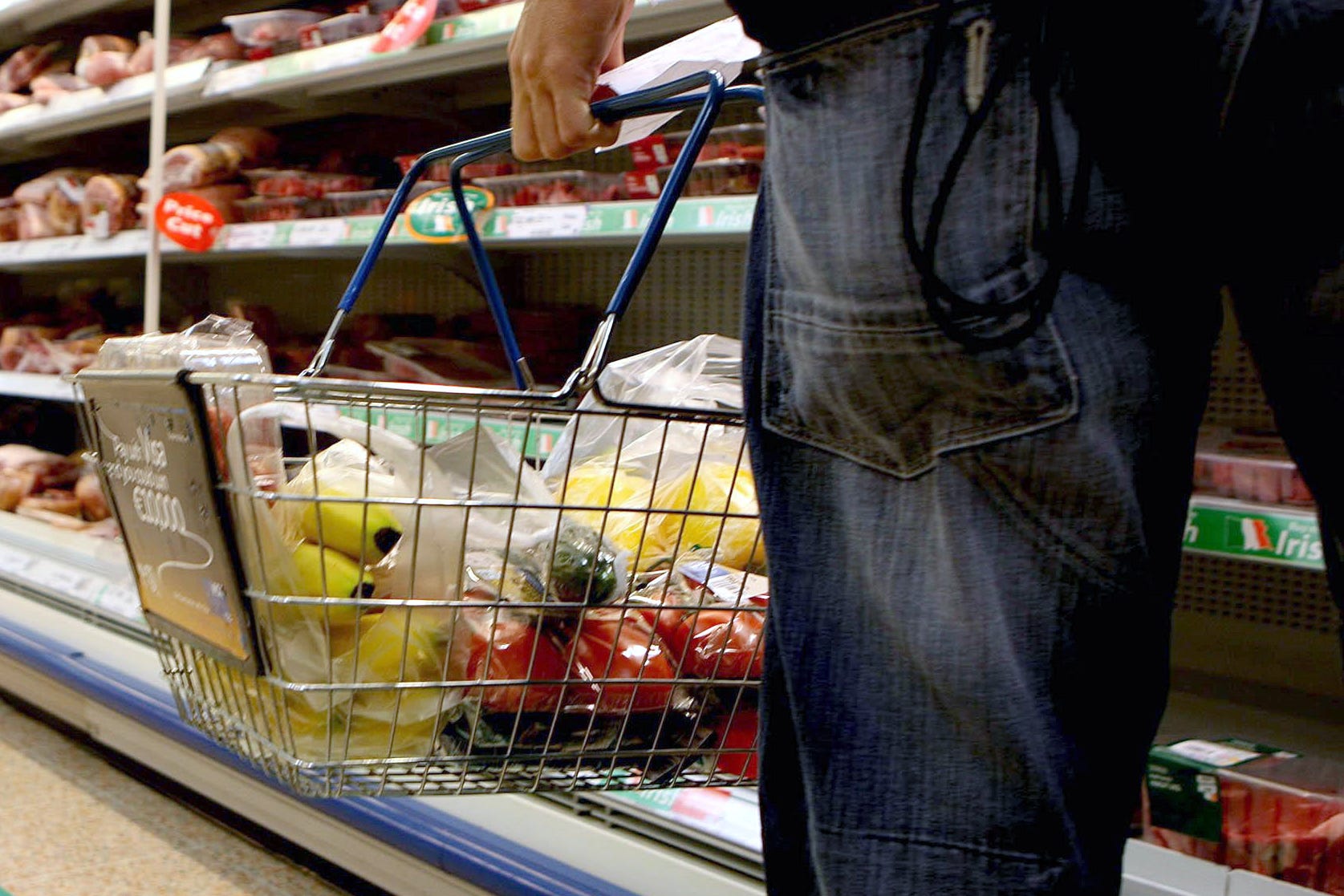Shop prices ease for third month amid warnings of potential volatility
Overall prices are now 0.8% cheaper than a year ago, according to the BRC-NielsenIQ Shop Price Index.

Your support helps us to tell the story
From reproductive rights to climate change to Big Tech, The Independent is on the ground when the story is developing. Whether it's investigating the financials of Elon Musk's pro-Trump PAC or producing our latest documentary, 'The A Word', which shines a light on the American women fighting for reproductive rights, we know how important it is to parse out the facts from the messaging.
At such a critical moment in US history, we need reporters on the ground. Your donation allows us to keep sending journalists to speak to both sides of the story.
The Independent is trusted by Americans across the entire political spectrum. And unlike many other quality news outlets, we choose not to lock Americans out of our reporting and analysis with paywalls. We believe quality journalism should be available to everyone, paid for by those who can afford it.
Your support makes all the difference.Shop prices continued to ease in October amid warnings they remain vulnerable to ongoing geopolitical tensions, climate change and Government regulation.
Overall prices are now 0.8% cheaper than a year ago, the third consecutive monthly fall and a drop from September’s 0.6% deflation, according to the British Retail Consortium (BRC)-NielsenIQ Shop Price Index.
Prices of non-food items remained 2.1% cheaper overall than a year ago, unchanged from September, as discounting saw prices falling for electricals such as mobile phones, while DIY costs also fell as retailers capitalised on the recent pick-up in the housing market.
However, fashion prices edged up slightly for the first time since January as retailers started to unwind the heavy discounting seen over the past year.
Food inflation eased to 1.9%, down from last month’s 2.3%, particularly for meat, fish and tea as well as chocolate and sweets amid Halloween deals.
BRC chief executive Helen Dickinson said: “Households will welcome the continued easing of price inflation, but this downward trajectory is vulnerable to ongoing geopolitical tensions, the impact of climate change on food supplies, and costs from planned and trailed Government regulation. Retail is already paying more than its fair share of taxes compared to other industries.
“The Chancellor using tomorrow’s Budget to introduce a Retail Rates Corrector, a 20% downwards adjustment, to the business rates bills of all retail properties will allow retailers to continue to offer the best possible prices to customers while also opening shops, protecting jobs and unlocking investment.”
Mike Watkins, head of retailer and business insight at NielsenIQ, said: “Inflation in the food supply chain continues to ease and this helped slow the upward pressure of shop price inflation in October, however other cost pressures remain.
“Consumers remain uncertain about when and where to spend and with Christmas promotions now kicking in, competition for discretionary spend will intensify in both food and non-food retailing.”